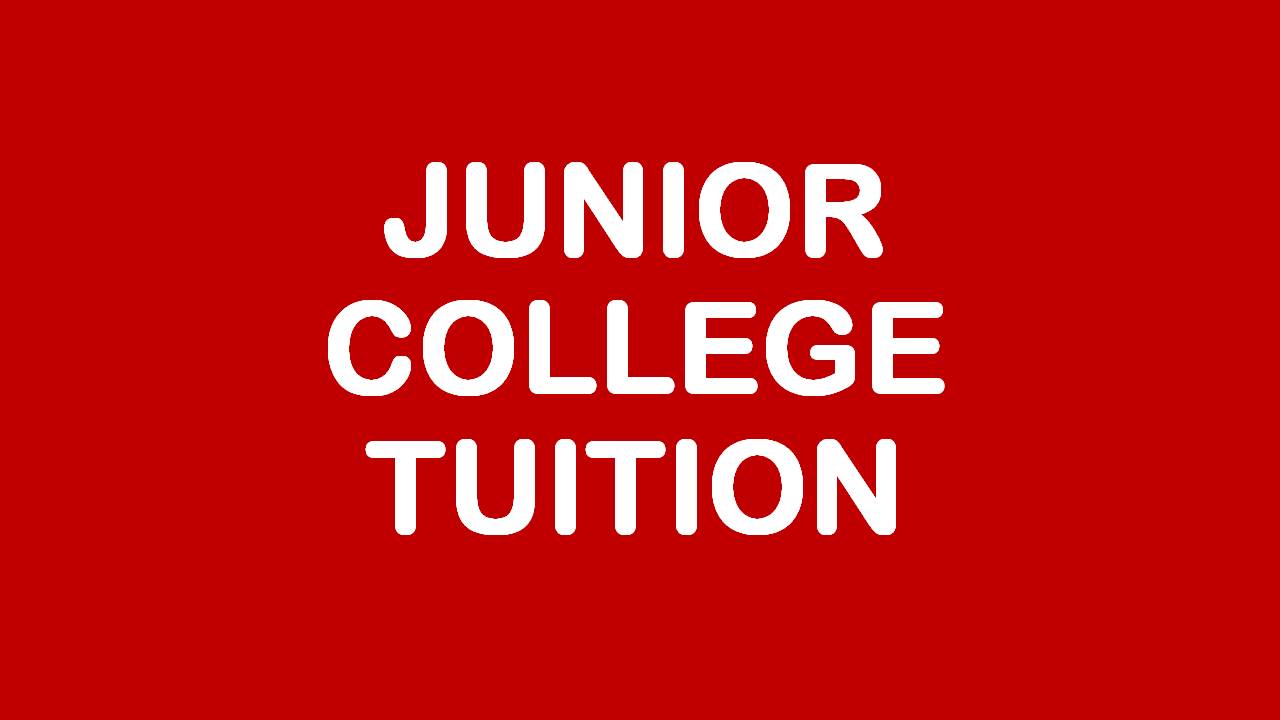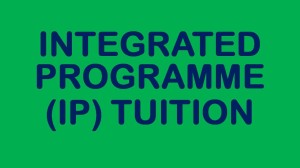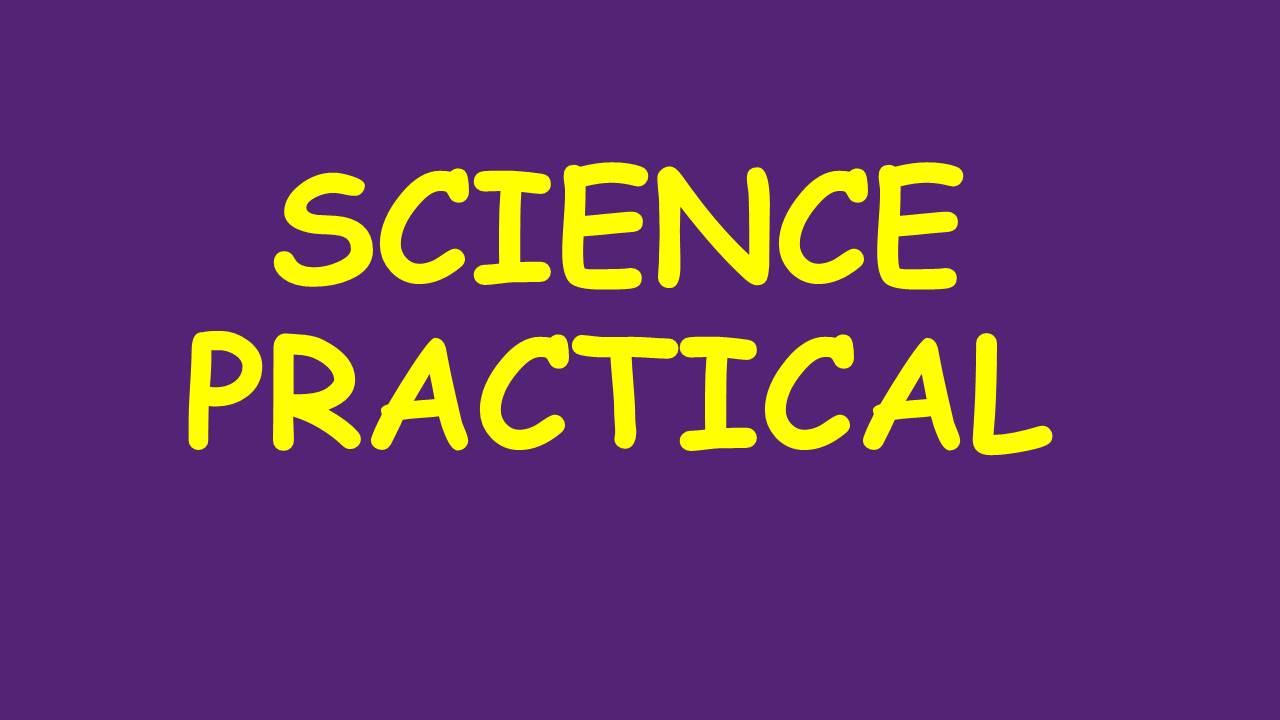SCIENCE PRACTICAL TRAINING
H2 PHYSICS PRACTICAL
H2 CHEMISTRY PRACTICAL
H2 BIOLOGY PRACTICAL
I’ve had the privilege of teaching and tutoring students Math and Physics in both the A-level and IB programmes, so here I’m sharing with you my sincere thoughts on the two programmes.
Whether you choose to do the IB progamme or the A-levels depends on several factors:
(1) Your method of studying.
If you are the lazy type and you prefer to just study VERY intensively for three months prior to a high-stakes exam, then do the A-levels. If you can continually work hard and can cope with the pressure of being constantly assessed, then do the IB Diploma programme. This is serious. I have a student who dropped out of IB to do the the A-levels, precisely because he was not able to cope with being continually FORMALLY assessed.
(2) The university you want to go to:
If you are Singaporean and you intend to go to a local university such as NUS or NTU, it’s better for you to do the A-Levels. This is because you will be compared only with local students performing the same exam in your country, as far as I have been informed. At the moment, a lot of local students doing the IB are from ACS (I), who only take in students who obtained a minimum score of 247 at the PSLE or those who obtained an L1R5 of 5 (incl. bonus points) at the O-Levels. So not surprisingly, the average score at ACS (I) for the IB exams last year was a whopping 41.65! Do you know that a score of 36 and above in the IB diploma exams is considered excellent by educators?
Imagine that you have obtained a score of 40 in the IB exam. In the world, you will be considered a top student. But at ACS (I), you are below average! Thus you may find yourself rejected by NUS but accepted by Oxford or Cambridge University! This weird situation was first highlighted to me by a parent of my tutee a few years ago. She regretted sending her daughter to ACS (I) because although the latter obtained a score of 38 and thus a top student for the rest of the world, she was rejected by a local university (reason being she was below average for her IB cohort) and finally applied to do teaching at the NIE as she did not want to go overseas.
Thus if you are a local student and you intend to study overseas for your degree, then by all means do the IB programme.
(3) The breadth or depth of the subjects you want to learn:
Generally, the IB programme is broader in academic scope while the A-Levels is deeper. For example, when I was covering an IB Physics class, I was surprised to discover that they also learn Astrophysics and the Carnot Cycle, topics not covered in Singapore’s A-Level H2 Physics. Thus I feel that if you want a more holistic programme, do the IB diploma as you’ll be exposed to the Theory of Knowledge as well as doing a community service project.
The above are just my personal albeit informed views. What is clear and certain is that if you DON’T have a thinking disposition, you’ll do badly in either course. Good luck. : )
Rgds,
Ilyasa, M.Ed, PGDE, ex-MOE Teacher.
TUITION CLASSES:
Please click on one of the following:
TUITION FOR INTERNATIONAL BACCALAUREATE (IB) MATH OR PHYSICS
Announcement of Release (2013) of A-Level (2012) Results
I think it should be out next week (probably Friday 1 Mar) (It is now confirmed to be on Fri 1 Mar). For those of you who receive good news, you may want to click on one of the links below before you end up in the ‘wrong’ university:
1. List of recognised Universities and Post-secondary Institutes with campuses in Singapore
2. List of Approved Universities for Admission to the Singapore Bar
3. List of Registrable Basic Medical Qualifications for practice in Singapore
For those who receive bad news, you may want to click on the following link for some consolation and advice:
4. What to do if your A Level results are bad.
Wish you all the best!
Rgds,
Ilyasa
Related pages:
(2) JC Math Tuition
Related articles:
(a) Between JC and Poly.
(b) What subject combination to choose in JC.
A former MOE school teacher, Mr Ilyasa has been coaching students in ‘A’ Level (H2/H1) Physics, (H2/H1) Mathematics and (H2/H1) Economics for more than 6 years, as well as ‘O’ Level Physics, Additional Math, Math and PSLE Math for more than 10 years. An alumnus of RI and RJC, Mr Ilyasa holds a Bachelor of Science degree with Merit from the National University of Singapore, a Postgraduate Diploma in Education with Credit from the National Institute of Education, Singapore, and a Master of Education (Curriculum & Teaching) degree also from the NIE, Singapore.


